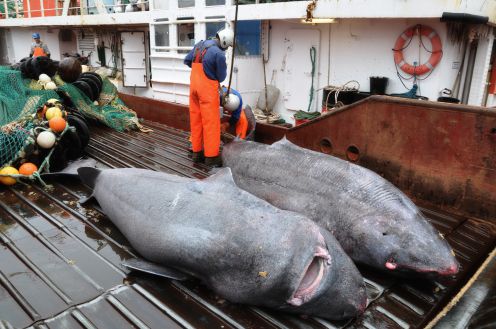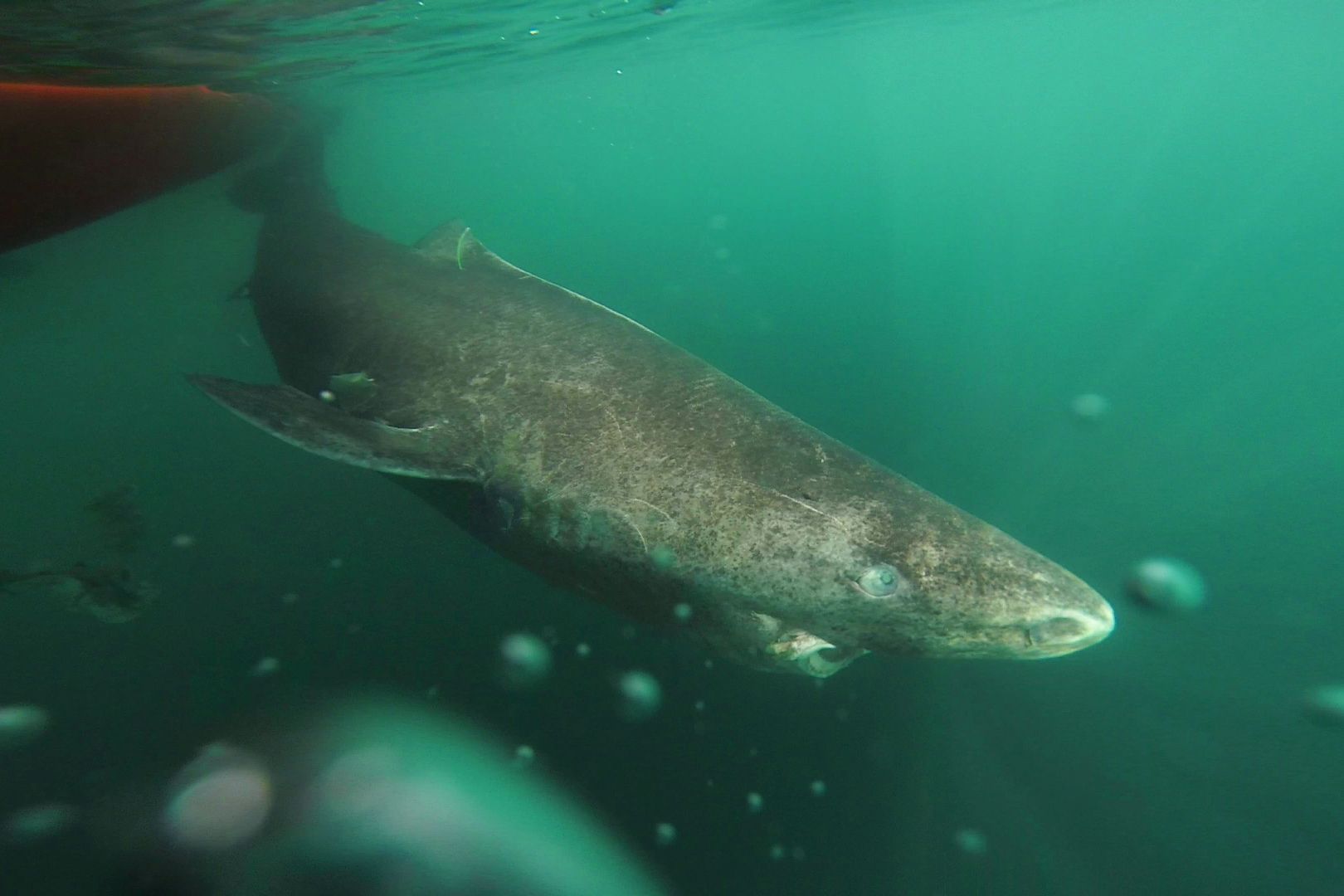Danish researchers at the University of Copenhagen (KU) have found that the mysterious Arctic-dwelling Greenland shark is the oldest living vertebrate.
The researchers have found a specimen that is believed to be at least 272 years old and perhaps as old as 512, which means it could have been swimming about back when Magellan circumnavigated the world and Britain saw off the Spanish Armada.
“Our lifespan study is based on the carbon-14 dating of Greenland shark eye lenses. As with other vertebrates, the lenses consist of a unique type of metabolically inactive tissue,” said Julius Nielsen, a PhD student at KU’s Department of Biology.
“Because the centre of the lens does not change from the time of a shark’s birth, it allows the tissue’s chemical composition to reveal a shark’s age. We use well-established radiocarbon methods, but combine them in a new way. This approach, along with the extraordinary ages for these sharks, makes this study highly unusual.”
READ MORE: New research to reveal hidden secrets of mysterious Arctic shark
Elusive old fella
The research, which also found that the shark doesn’t become sexually mature until the stunning age of 150 years, is part of a three-year PhD study into the lifespan of the elusive shark.
The results, which were garnered in co-operation with the Greenland Institute of Natural Resources, have been published in the scientific journal Science.
The Greenland shark is one of the world’s largest carnivorous sharks – it can grow in excess of five metres and weight over a tonne – but it’s also one of the least understood, due to its frigid habitat.
It is known to feed on fish and seals, but is widely considered to be a scavenger, living at depths of up to 2,000 metres.

















